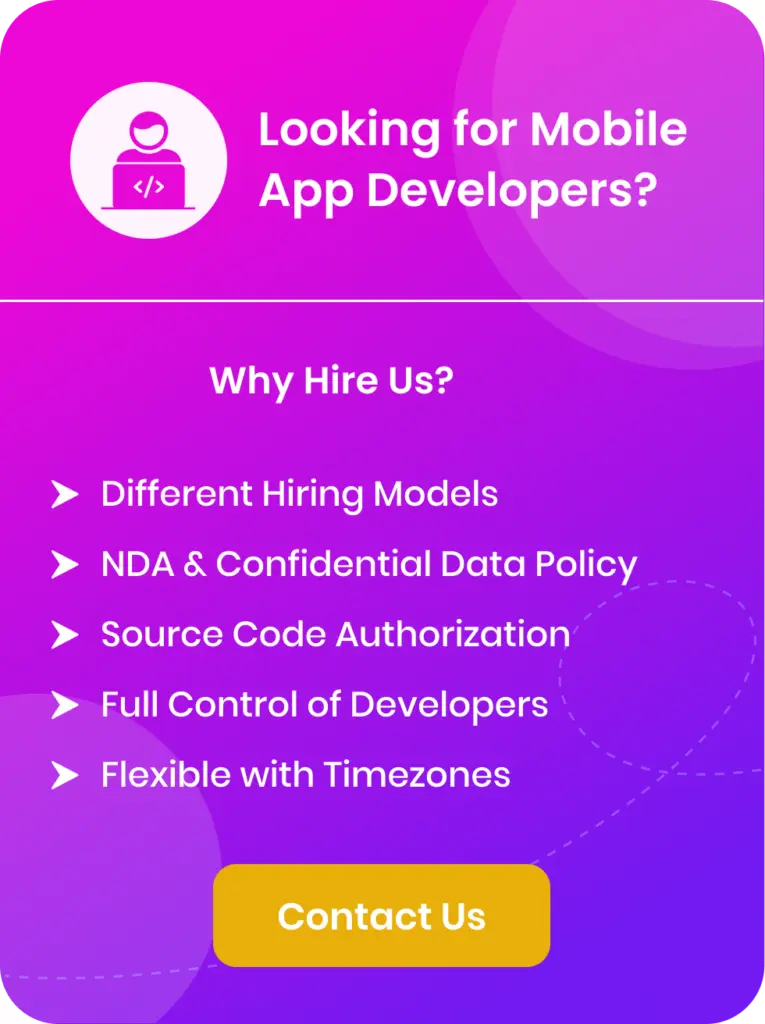In this day and age apps for mobile and on the web have become a vital aspect of our lives. Be it making food orders, shopping online or staying in touch to family and friends apps are at the core of our digital experience. As technology advances, so do the methods of accessing and using these apps. One of the most recent innovations in this field can be described as Progressive Web Apps (PWAs). PWAs combine mobile and web pages that provide a variety of benefits that have made them increasingly popular with both users and developers. In this article, we’ll examine three compelling reasons you should think about making use of Progressive Web Apps.
1. Cross-Platform Compatibility
One of the biggest benefits for Progressive Web Apps is their cross-platform compatibility. In contrast to native apps, that are designed independently for every operating system (iOS, Android, Windows and so on. ) PWAs are able to run smoothly with any gadget or operating system running a contemporary web browser. The cross-platform compatibility provides many advantages to developers as well as users.
-
Reach a Wider Audience
For developers, developing and maintaining separate applications for different platforms could be an expensive and time-consuming process. Each platform comes with its own programming tool, language and rules that require developers to develop different skills. But, with PWAs developers can build one application that runs across all platforms, cutting the time to develop and also costs. This allows companies to reach out to a wider public without having to invest a large amount of money in different versions of the app.
-
Simplified Updates
Updates to native apps is an arduous process. Developers have to send updates to app stores and then they are subject to approval and review processes before being released to users. This could result in delays in the delivery of critical updates or corrections to bugs. However PWAs are able to be updated quickly, as updates are made to the server. Users are always able to access the most recent version of the application, without the need for manual downloads and installation. This simplified update process makes for an easier user experience for users and assists developers in addressing problems quickly.
-
Device Agnosticism
Users can benefit from cross-platform compatibility too. They are able to access PWAs from any device running an internet browser, whether it’s a phone or tablet, laptop as well as a desktop PC. The device-agnostic nature of PWAs ensures that users can use the app on any platform, and not be restricted by the availability of a native application that is compatible with their particular device. This flexibility increases user accessibility and comfort and makes PWAs an appealing choice for companies looking to appeal to a wide market.
2. Improved Performance
Performance is an essential element in the success of an application. Applications that load slowly or consume too much resources may frustrate users, resulting in large bounce rates. Progressive Web Apps were built with speed in mind, and have a number of advantages in this respect.
-
Faster Load Times
PWAs have been optimized to speed. They’re built with modern web techniques and technologies to ensure they load fast even with slow network connections. Utilizing techniques such as caching, service worker, as well as lazy loading, PWAs are able to deliver a fast and smooth user experience from the first moment users use them. The speed of loading does not just improve user satisfaction but can also result in better rankings for search engines since speed is considered a factor by search engine algorithms.
-
Offline Function
One of the most notable characteristics that PWAs have is the capability to function offline or even with only limited connectivity. This is possible thanks to the usage of service workers which store important resources and data on the device of the user. In the end, users are able to continue using the app and utilize specific features even when they aren’t linked to the internet. This offline function is especially beneficial for users who live in areas that have poor internet coverage, or who wish to use apps while on the move.
-
Reduction in Resource Consumption
Progressive Web Apps tend to be lighter than native apps that means they use less system resources, including memory and CPU. This leads to a better overall performance and lower load on the device. Users can use PWAs in conjunction with different applications and not experience major crashes or slowdowns. This optimized usage of resources is advantageous for older devices with less capabilities, as well as for newer devices in which users wish to optimize the life of their batteries and maximize efficiency.
3. Enhanced User Engagement
Engagement with users is a vital measure of the effectiveness of any app. A high level of engagement with users can lead to higher retention rates, and ultimately increased revenue for companies. PWAs provide a variety of options that help increase engagement with users and keep them returning.
-
Push Notifications
Push notifications can be a useful method of re-engaging users, as well as making them aware of changes, promotions, or other new features within the application. Progressive Web Apps are able to deliver push messages to their users regardless of whether the application isn’t running. This allows businesses to remain in touch with their customers and send relevant messages, thus increasing the engagement of users. Users can choose to opt out or in for these notifications, which ensures an uninvolved and personalized experience.
-
Add to Home Screen
PWAs provide an easy “Add to Home Screen” option that allows users to install the application directly on their home screen by a single click. This is similar to installing native apps and provides users with quick access to the PWA without the need to go to the app store. This makes it easier for users to interact with the app on a regular basis, which helps to increase retention rates.
-
App-Like Experience
Progressive Web Apps are created to give users an experience that is similar to apps within web browsers. They are able to provide features like fluid animations and gesture support and a flexible design that can adapt to different screen sizes. This results in a familiar and pleasant user interface that replicates the native app user experience, making the users happier to stay in the PWA.
Conclusion
Progressive Web Apps represent a significant advancement in the world of web and mobile applications. Their cross-platform compatibility, enhanced performance, and improved user interaction capabilities makes them an attractive choice for both businesses and developers who want to develop user-friendly, effective, efficient, and enjoyable digital experiences. Utilizing the capabilities of PWAs they can help businesses connect with a wider audience by offering quicker and more reliable performance, and increase engagement with users, while also decreasing the cost of development and maintenance. While the world of digital continues to develop, Progressive Web Apps are likely to play a crucial role in delivering exceptional experiences for users across all platforms and devices.


